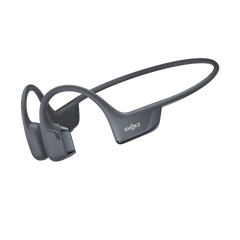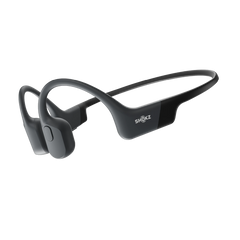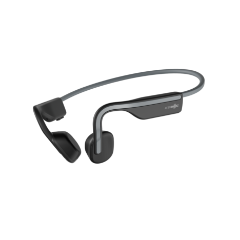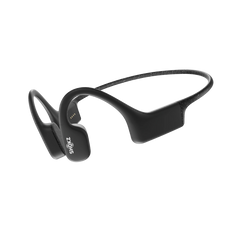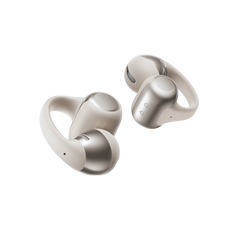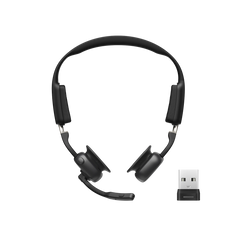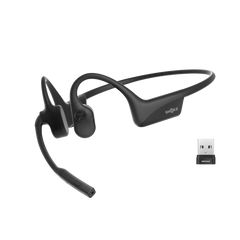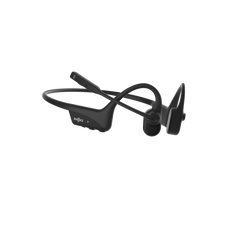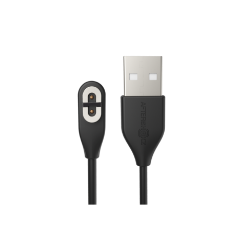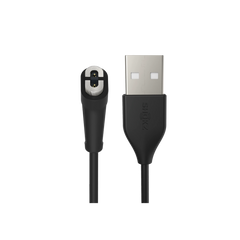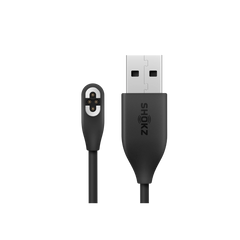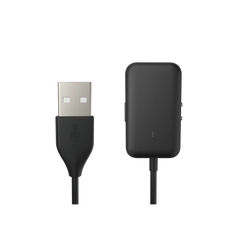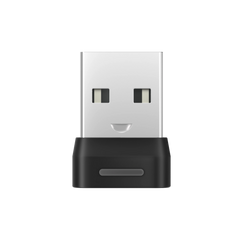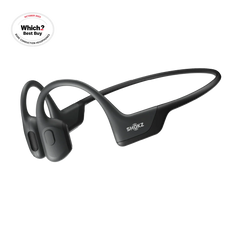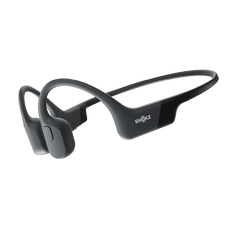Did you know that according to the World Health Organization (WHO), the number of depressed people has crossed the figure of 280 million? This staggering number comprises 5% of adults and 5.7% of people above 60 years of the whole population of the world.
Living in the modern world is no less than a challenge as an individual has to deal with numerous concerns like relationship pressures, career issues, etc. All these reasons contribute to depression, so the figure is likely to increase in the upcoming times.
To reduce stress levels and manage depression, Shokz comes with tech options that will not only fulfill your technology needs but also prioritize your overall health. This article comprises five strategies by which you can easily manage depression without doing anything extra.

1. Do Exercise Daily
Incorporation of regular exercise not only impacts your physical health positively but also has a direct connection with your mental health. When you exercise, the brain releases hormones called “Endorphins.” These hormones are natural mood uplifters as they help in stress management by lowering cortisol levels in the blood.
Moreover, exercise is a healthy distraction from stressors, negative thoughts, or emotional breakdowns. It helps you stay in the present and disconnects you from all kinds of negative thoughts.
Your self-esteem also increases by doing exercises. When you set fitness goals, achieving them feels like an accomplishment that ultimately increases your self-esteem. Moreover, exercise also shapes and improves your physical appearance, which makes you feel good. This feed-good effect is a great way to cope with depression and stress.
2. Music Therapy with Top-notch Headphones
Did you know that music also has a significant role in reducing stress levels? It is proven by scientific studies that music has a great influence on complex neurobiological processes in the brain. Whether it’s the beat of your favorite song or the instrumental melodies, music can bring peace to your mind and let you process your emotions.
However, good headphones are crucial to feeling the emotional depth of the music, especially when you are in music therapy. As music therapy is used to treat depression, anxiety, schizophrenia, and sleeplessness, good-quality headphones can ultimately impact the whole therapy process.
But what makes ordinary headphones super ordinary? A high-quality headphone should provide top-notch noise cancellation with excellent clarity in sound delivery. Moreover, you should not feel a burden on your head and ears while wearing headphones.
If you are looking for such a headphone, Shokz’s OpenFit Air headphones are ideal for you. Their biggest perk is the open-ear headphone design that distinguishes them from others. Similar to bone conduction headphones, they also don’t have a headband or over-ear design, and they don’t even rest on the neck or cheekbone. They rest at the outer ear without covering it to ensure maximum comfort and allow the users to stay aware of their environment.
3. Take Help From Mindful Breathing and Meditation
Research proves mindfulness and meditation are effective ways to manage depression by finding inner peace and reducing anxiety. Mindfulness helps in staying in the present moment, which helps heal past traumas. It allows us to observe our thoughts and feelings without judgment, which brings calmness to our minds in the long term.
Similarly, meditation ensures that you have an allocated “me time” in your day in which you can quiet the negative thoughts roaming in your mind. By incorporating meditation into your daily routine, you can efficiently balance your emotions as well.
Moreover, the concept of air as “lightness” is also a way to achieve mental stability. By relating the air’s natural buoyancy with your mental state and letting go of heavy thoughts and worries, you will feel more positive and uplifted.
Similarly, as adaptability is the core feature of the air, this quality reminds you to be flexible and adaptable in your thoughts and emotions as well. This flexibility helps you deal with the challenges of daily life easily and doesn’t let you get stuck in negative thought patterns.

4. Connect with Nature
Instead of staying glued to screens all day, spending time in nature also helps in dealing with mental disorders. Several researches have been conducted that prove that connecting with nature has a positive effect on the overall health of a person.
So, if you are dealing with any mental condition, you should be involved in mindful outdoor activities such as gardening or hiking. Engaging in activities like planting trees will give you a sense of purpose and promote the feeling of self-love.
Even if you find it difficult, simply sitting in a park and staring at “green” has a great impact on your mental health. Additionally, natural light promotes the production of serotonin, a neurotransmitter that regulates mood, and sunlight helps the body produce Vitamin D. These two collectively play a role in managing depression.
5. Seek Help From Your Connections
Social support from friends and family members plays an essential role while dealing with challenging mental health. When you have a reliable support network, you have a sense of security and belonging.
Supportive family members and friends offer understanding and compassion and encourage us to deal with hardships. Additionally, you can have open conversations with your loved ones that will save you from the sense of isolation, which is one of the core reasons for mental instability.
In addition to human connections, pets can also provide significant emotional comfort. Research shows that when you interact with pets, especially with dogs, your brain stimulates the production of oxytocin, the love hormone. This promotes feelings of happiness and reduces stress.
Conclusion
So, the first and foremost step in managing depression is acceptance that it is completely fine to feel that your mental health is not doing well, just like your physical health. Then, you should look out for the strategies by which you can efficiently manage your depression.
The above five strategies, which incorporate exercise in daily life, stand at the top, as depression can also affect your physical health. Exercise helps in keeping both of them in place. Furthermore, mindful breathing and meditation are also proven ways to deal with mental instabilities.
Additionally, you can also participate in outdoor activities to connect with nature and build social connections, as they can be a great help when you are struggling with poor mental health. You can also seek therapies like music therapy to calm your thoughts and achieve inner peace but don’t forget to include Shokz’s OpenFit Air headphones in your depression management toolkit.
Author Information

